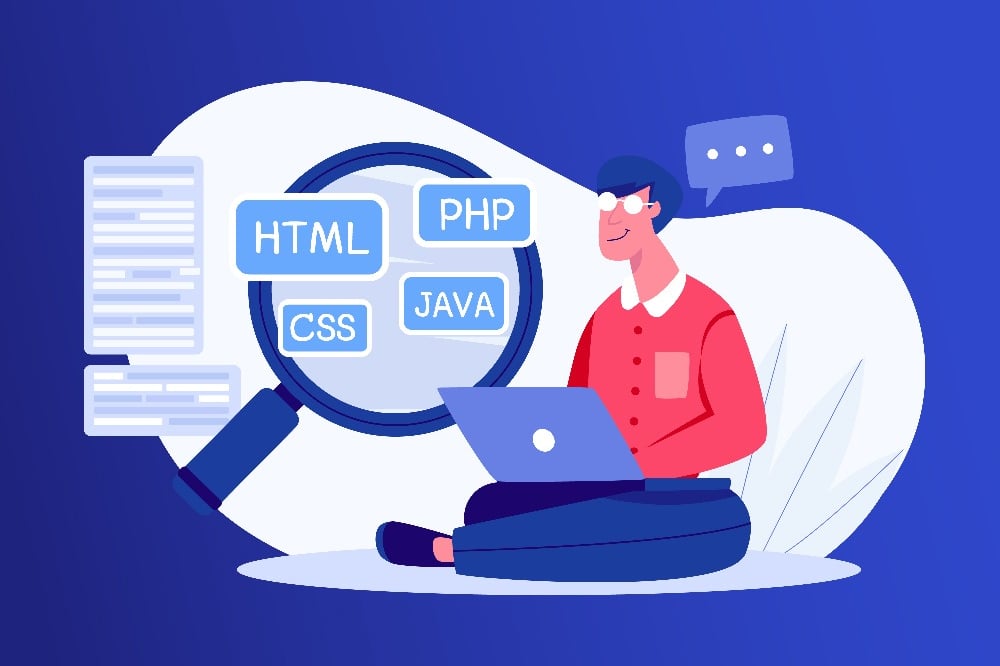Back-End Developers
Programming Languages (Python, Java, Ruby, or Node.js) Web Frameworks Django (Python), Spring (Java), Ruby on Rails (Ruby), or Express.js (Node.js), Databases and Query Languages


Back-end developers play a critical role in building the server-side components and logic that power web applications and ensure their smooth functioning. Here are some key skills that are valuable for back-end developers:
Programming Languages: Proficiency in server-side programming languages such as Python, Java, Ruby, or Node.js to handle server-side logic, data manipulation, and integration with databases.
Web Frameworks: Knowledge of popular web frameworks such as Django (Python), Spring (Java), Ruby on Rails (Ruby), or Express.js (Node.js) to streamline development, handle routing, and facilitate interactions between the front-end and back-end components.
Databases and Query Languages: Understanding of database systems like MySQL, PostgreSQL, MongoDB, or Redis and query languages like SQL or NoSQL to store and retrieve data efficiently.
API Development: Experience in designing and developing APIs (Application Programming Interfaces) using frameworks like Flask (Python), Spring Boot (Java), or Express.js (Node.js) to enable communication between different components of the application or integration with external services.
Authentication and Security: Knowledge of authentication and security principles such as encryption, hashing, and token-based authentication to ensure data privacy, protect against security vulnerabilities, and implement secure user authentication.
Caching and Performance Optimization: Understanding of caching mechanisms and techniques like Redis or Memcached to improve application performance by reducing database queries and enhancing response times.
Version Control Systems: Proficiency in using version control systems like Git to manage source code, track changes, and collaborate with other developers effectively.
Testing and Debugging: Familiarity with testing frameworks and practices such as unit testing, integration testing, and debugging tools to ensure code quality, identify and fix issues, and maintain the reliability of the back-end system.
Now, let's explore some unique back-end developer services:
AWS Lambda: A serverless compute service provided by Amazon Web Services (AWS) that allows developers to run code without provisioning or managing servers. It enables the creation of highly scalable and event-driven back-end services.
Azure Functions: A serverless computing platform offered by Microsoft Azure that allows developers to build and run event-driven applications and services without the need to manage infrastructure. It supports various programming languages and integrates seamlessly with other Azure services.
Google Cloud Functions: Google Cloud's serverless compute solution that enables developers to run event-driven functions in a fully managed environment. It automatically scales based on demand and integrates well with other Google Cloud services.
Firebase: A mobile and web application development platform by Google that provides a set of back-end services, including authentication, real-time database, cloud storage, and hosting. It offers a serverless architecture, simplifying the back-end development process.
Parse: An open-source back-end framework that provides a ready-to-use cloud-based backend for mobile and web applications. It offers features like data storage, user authentication, push notifications, and social media integration.
Heroku: A cloud-based platform that allows developers to deploy, manage, and scale applications easily. It supports multiple programming languages and provides a range of add-ons and services, simplifying the deployment and management of back-end applications.
DigitalOcean: A cloud infrastructure provider that offers scalable virtual servers, storage, and networking resources. It provides developers with flexibility and control over their back-end infrastructure, allowing for easy deployment and scaling of applications.
These back-end developer services offer unique features and functionalities to simplify and enhance the development and deployment process. By leveraging these services and utilizing their unique capabilities, back-end developers can focus on building robust and scalable back-end systems for web and mobile applications.
